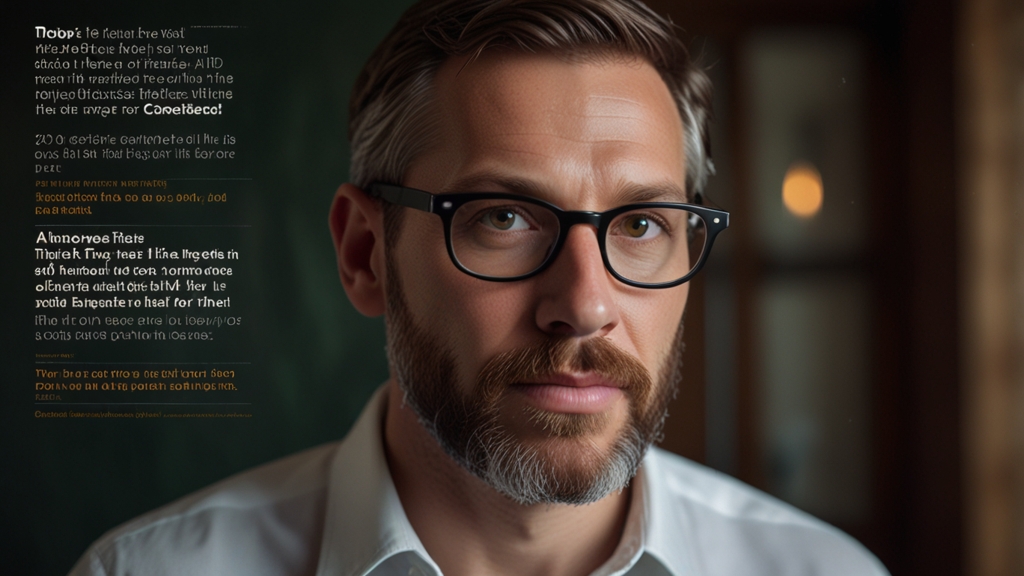Introduction
The term "Exodus" evokes powerful imagery of mass displacement and the search for a promised land. Historically, this term is deeply rooted in the Jewish people's escape from slavery in Egypt, but its essence permeates various cultures and epochs, symbolizing the universal struggle for freedom and belonging. In the modern-day, this quest is mirrored in the lives of refugees, migrants, and anyone who feels uprooted. The journey of finding a new home, however, transcends the mere geographic change—it delves into the psychological and emotional territories of re-establishing a sense of belonging.
The Pain of Displacement
Displacement, whether forced or voluntary, carries an intrinsic sense of loss. The rupture from one's homeland, culture, and community creates a void that is often hard to fill. For many, it's not just the physical space they leave behind but a tapestry of memories, identities, and a sense of purpose. The initial stages of displacement are often marked by confusion, fear, and a profound sense of loneliness.
"Leaving home is not a one-time event. It's a continuous state of being, an everlasting quest to reconcile the new with the old." - Anonymous
Building New Communities
The human spirit, however, is resilient. Despite the adversities, displaced individuals often strive to build new communities. These communities can take various forms—a neighborhood gathering, social media groups, or even informal classes that offer a taste of home through language and culture. The act of community-building serves as an essential buffer against the alienating experience of displacement.
Integration into a new society requires both effort from the newcomers and openness from the host community. Mutual understanding and shared experiences form the bedrock of new connections. For the displaced, these interactions provide a semblance of normalcy and a foundation upon which they can rebuild their lives.
"The place we occupy in the universe is not reserved for us. It's one we fight to create." - Chimamanda Ngozi Adichie
Re-establishing Identity
A critical aspect of finding a new home is the re-establishment of identity. When people are torn away from their familiar surroundings, they often undergo an identity crisis. The customs, routines, and norms that once defined them become irrelevant, and there's an urgent need to adapt while preserving core aspects of their identity. This balancing act is delicate and fraught with challenges.
Art, tradition, and storytelling become crucial tools in this process. Through these mediums, displaced individuals can preserve their heritage while adapting to new contexts. Whether through cooking traditional meals or celebrating cultural festivals, these activities serve as reminders of who they are and where they come from, providing a stable anchor in an unfamiliar world.
The Role of Support Systems
The importance of robust support systems can't be overstated. Governmental programs, NGOs, and community initiatives play an indispensable role in aiding the integration of displaced people. These organizations offer not just material support but also psychological counseling and community-building activities. They serve as bridges that help newcomers traverse the chasm between their past and future, offering both practical aid and emotional support.
However, systemic barriers such as xenophobia, racism, and bureaucratic red tape often complicate this process. Host societies must actively work to dismantle these barriers to create truly inclusive spaces that facilitate integration and belonging.
Conclusion
Finding a sense of belonging after an exodus is a multifaceted journey. It's a process that involves mourning the old, embracing the new, and crafting a hybrid identity that honors both. While the physical relocation might be temporary, the emotional and psychological impact is long-lasting.
Yet, the story of displacement is not just one of loss but also of resilience, adaptability, and hope. By building new communities, re-establishing identities, and leveraging support systems, displaced individuals can indeed find a new home—a place where they belong.






